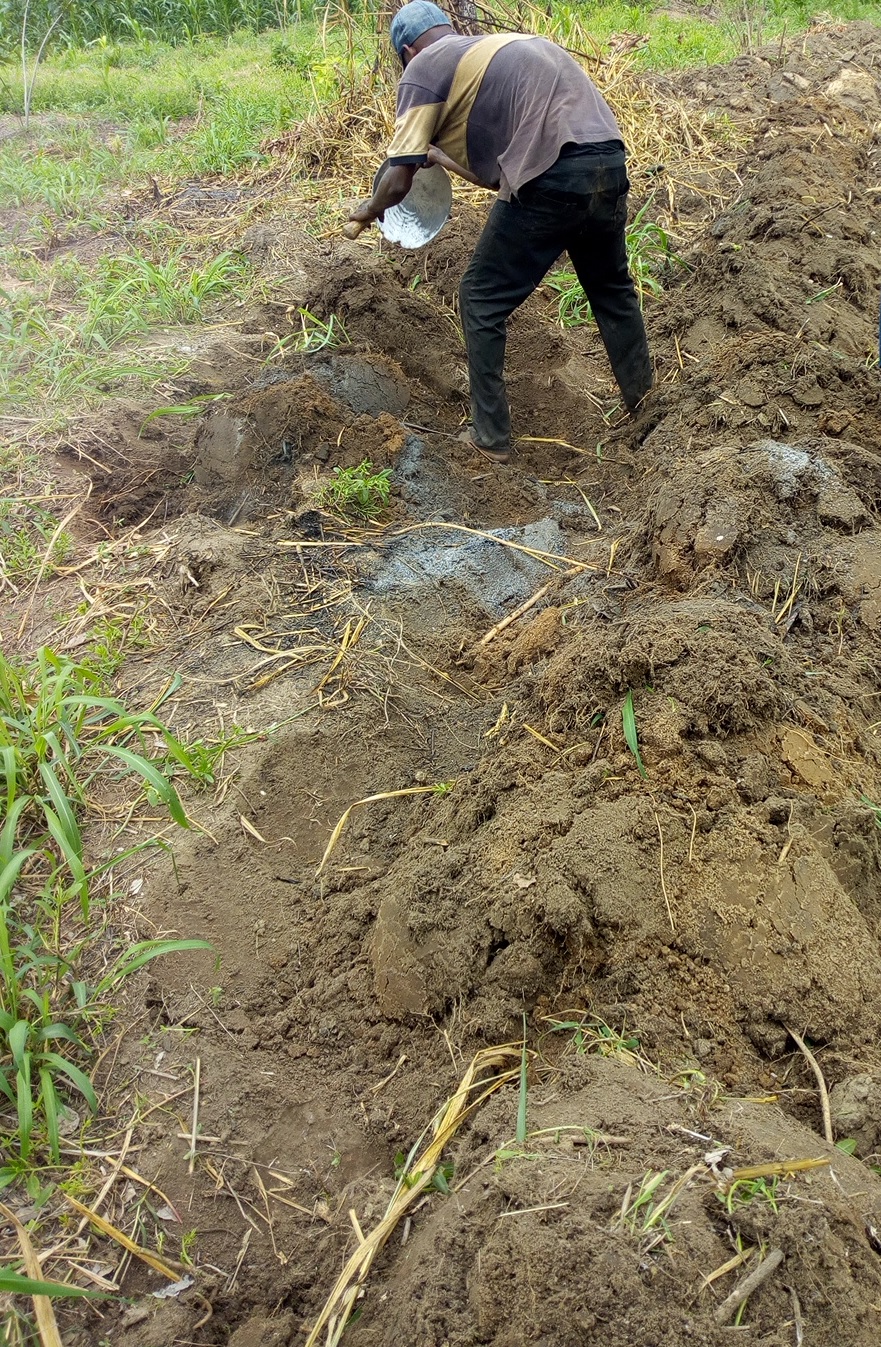In the last article, “Current state of AGRICULTURE in Nigeria”, I promised to enlighten the general public, particularly farmers in Nigeria or investors who are planning to venture into agriculture on the types of labour available for farming in Nigeria. Based on my experience in this sector, I shall be discussing the types of labour available based on the mode of paying their remuneration, cost-effectiveness, and labor efficiency.

The Nigeria Agricultural sector is made up of; livestock farming, fishery, Apiculture, Crop Production, and Value addition (processing and package). Although the crop and livestock aspects have their risks, but the crop production appears to be more stressful and requires more human resources (labour) to cover large areas of land and to increase production. This is because most farms in Nigeria still depend on Manpower.
In sectors like fishery, Apiculture and livestock farming, wages are paid on a monthly bases. But in the crop production aspect, it is a different story entirely, as farm owners or managers need to choose either to pay labour’s remuneration daily or annually.
Between the daily or annual pay, which one is better?
Before I proceed, let me briefly explain how both payment options work.
Daily Labour Wages: This group of labour help farmers to carry out basic farming operations such as land preparation, ridging, planting, weeding, fertilizer and herbicide application, and harvesting. At the end of any of this operation, the farm owner or manager pays their remuneration, i.e. the remuneration is paid daily.
Annual Labour Wages: In the case of annual labour, a certain amount of money would have been agreed upon between the farmer and the labour before the work began. This remuneration is paid at the end of the year (usually between November and December, for labour that began work in January).
Contract or Job: Another type of labour available is the Contract staff/labour. This group is similar to the Daily Labour but the major difference is that remuneration is paid only after they have completed the given task. The only advantage of this form of labour is that they can work under no supervision or little supervision because the charges for the work has been agreed upon from the beginning. So, they are always quick and motivated to complete the job as soon as possible in order to collect their remuneration.
Daily Labour: Farmers’ make use of this labour to perform basic operations mentioned earlier. The farmer makes provision for feeding for the workers for that day. Either the job is completed or not, the farmer or manager will still pay remuneration to the labours. There are situations whereby the job may take 3 to 5 days before completion, the remuneration will still be paid on a daily bases. The labour charges between N1000 – N 2000 ($3 – $6) daily, depends on the nature of the job. The time of work is divided into sessions. The first session is between 7 am-12 am, while the second session begins from 2 pm – 4 pm.
The major disadvantage of this form of labour in farming is that it requires a high level of supervision, as labour hardly works under no supervision. They do everything possible to delay or tarry on the work till the next day, in order to get another daily pay. Also, it is very difficult to measure the capacity or work rate of the workers because they hardly work to limit or potential.
This form of labour cannot be recommended on a newly established plantation (arable or cash crop) or large farms, as the ROI of such business will be very low or may even result in no ROI if not properly monitored or managed. The daily paid labourers are suitable for already established plantations such as cocoa, rubber, and oil palm where farm operations (fertilizer application, harvesting, weeding, etc.) are done occasionally. Therefore, their services are not always required.
Annual Wages Labour: Having discussed this group of labours in the last article “Current state of AGRICULTURE in Nigeria”, the farm owner or manager provides food and shelter for this group of labourers. They are utilized in performing all farm operations for a year (growing season). The major advantage of this type of labour is that the farmer or manager will have enough time to design projects (crop production) that will generate their remuneration. Regardless of the output or ROI obtained from the farm, the manager must prioritize the labours’ wages before paying any other debt.
Their workdays start from Monday – Saturday (first session 7 am- 12 am; second session 2 pm – 4 pm, or 3 pm – 5 pm. Sundays are usually their free days. Although, some of these labours do not always observe Sunday as a resting day, as they still prefer to work as a Daily Labour or contract labour on their free days, in order to raise pocket money for their upkeep.
The annual remuneration of this type of labour ranges between N100,000 – N 250,000 ($278 – $694) per annum and depends on the physical strength, tribe, and nationality. The Togolese and Beninese usually charge between N 180,000 – N 250,000 ($500 – $694). The annual labours are suitable for newly established farms or arable crops such as maize, cassava, pepper, vegetable, tomatoes, plantain, etc. because there will always be a task to perform on the field throughout the year.




Comment:The explanation is o.k,thanks.
Thank you Sir